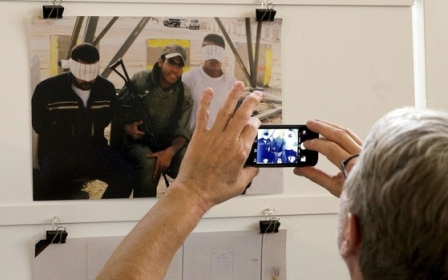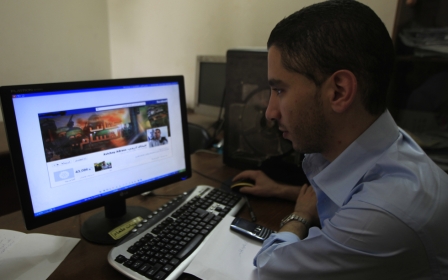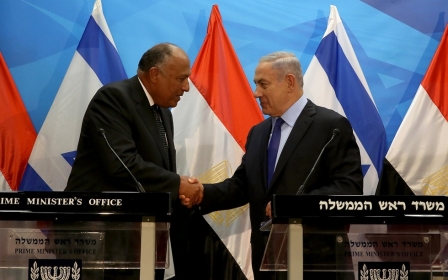Women's groups condemn Israel's new chief army rabbi over rape comments

Israel’s army has appointed a new chief rabbi who once said that rape is permissible during wartime as a way to boost morale.
Colonel Eyal Karim made the comments on a website in 2002 after a person asked online if the Torah allowed for soldiers to commit rape during conflict.
He wrote that soldiers in wartime can "satisfy the evil inclination by lying with attractive Gentile women against their will, out of consideration for the difficulties faced by the soldiers and for overall success".
He also said that the military could consume non-kosher food to keep up their strength.
In 2012, he said his original statement from 10 years ago was taken out of context and added that rape is unacceptable regardless of context.
Women’s empowerment organisations and female members of Israel’s Knesset strongly criticised the appointment of Karim.
Zehava Galon, head the left-wing Meretz party, said he was “unfit to be the top rabbinical authority of the IDF”.
“His horrible, racist and violent statements make women a target,” she said.
In response to the allegation, a spokesman for the IDF said: “Rabbi Karim has never written, said or even thought that an IDF soldier may, under any circumstances, sexually harm women, even in times of war - the person interpreting what was said was not only wrong but also misleading.”
Karim also once said that women are not fit to serve in the military.
“Because the damage to modesty that is liable to be caused to girls and the nation is critical, the sages of our generation and the chief rabbinate have ruled that drafting girls into the IDF is absolutely forbidden,” he said.
According to Yair Lapid, the leader of the centrist Yesh Atid party, "The new Chief Rabbi, Colonel Eyal Karim, must say loudly and clearly: I support drafting women into the IDF.”
"If he does not say it out loud, he cannot be the chief military rabbi.”
This article is available in French on Middle East Eye French edition.
Middle East Eye propose une couverture et une analyse indépendantes et incomparables du Moyen-Orient, de l’Afrique du Nord et d’autres régions du monde. Pour en savoir plus sur la reprise de ce contenu et les frais qui s’appliquent, veuillez remplir ce formulaire [en anglais]. Pour en savoir plus sur MEE, cliquez ici [en anglais].




